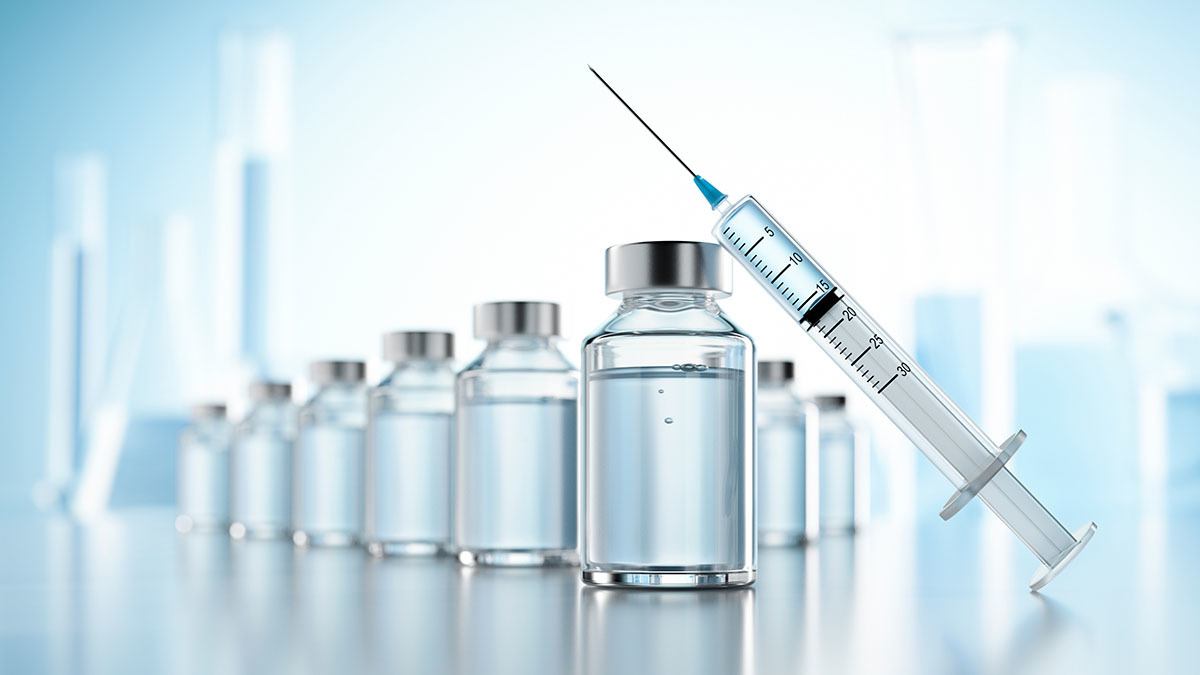USP Silicone Oil Leachables Testing
The USP Silicone Oil Leachables Testing service is essential in pharmaceutical development and manufacturing to ensure that silicone oil does not migrate into drug products, excipients, or packaging materials under specified conditions. This testing aligns with the United States Pharmacopeia (USP) General Chapter <1674>, which provides detailed guidance on leachables and extractables studies.
The goal of this service is to identify and quantify potential silicone oil leachables that could impact drug product quality, safety, and efficacy. Silicone oils are widely used in pharmaceutical applications such as lubricants for tablets, encapsulants, excipients, and packaging materials due to their low toxicity, biocompatibility, and chemical stability.
During the testing process, silicone oil is subjected to various conditions that simulate real-world scenarios where it might come into contact with a drug product or its container closure system (CCS). These conditions include temperature cycling, humidity exposure, and mechanical stress. The test aims to determine whether any silicone oil components migrate from the container closure system into the drug product.
The testing protocol involves several key steps:
- Container preparation: Silicone oil is introduced into the container or packaging material.
- Conditioning: The containers are subjected to controlled temperature and humidity conditions.
- Migration simulation: The containers undergo mechanical stress, such as repeated opening and closing.
- Extraction: Extractants like water, ethanol, or methanol are used to extract silicone oil components from the container closure system.
- Analysis: Analytical techniques such as High-Performance Liquid Chromatography (HPLC), Gas Chromatography-Mass Spectrometry (GC-MS), and Fourier Transform Infrared Spectroscopy (FTIR) are employed to identify and quantify the extracted silicone oil components.
The results of this testing help pharmaceutical manufacturers ensure compliance with regulatory requirements, protect patient safety, and maintain product quality. By identifying potential leachables early in the development process, companies can make informed decisions about material selection, formulation optimization, and packaging design to minimize risks associated with silicone oil migration.
Understanding the behavior of silicone oil under different conditions is crucial for pharmaceutical manufacturers who rely on this material as a key component in their products. The USP General Chapter <1674> provides comprehensive guidelines that help laboratories conduct these tests accurately and consistently, ensuring reliable results.
In conclusion, USP Silicone Oil Leachables Testing is an integral part of the pharmaceutical industry's quality assurance efforts. It ensures that silicone oil does not adversely affect drug products or packaging materials, thereby upholding the highest standards of patient care and product integrity.
Why It Matters
The importance of USP Silicone Oil Leachables Testing cannot be overstated in the pharmaceutical industry. As silicone oil is used extensively in various drug product formulations, it's critical to ensure that any leachable components do not compromise the safety or efficacy of the final product.
Leachables from silicone oil can include a range of compounds such as polycyclic aromatic hydrocarbons (PAHs), silicones, and other potentially harmful substances. If these leachables migrate into drug products, they could lead to adverse effects on patients, including irritation or toxicity. Therefore, it's essential for pharmaceutical companies to conduct thorough testing to identify and control any potential risks.
Regulatory agencies like the US Food and Drug Administration (FDA) mandate compliance with standards such as USP General Chapter <1674>. Adhering to these guidelines not only helps ensure product quality but also protects consumers from potentially harmful substances. By performing rigorous leachables testing, manufacturers can demonstrate their commitment to producing safe and effective pharmaceuticals.
In addition to regulatory compliance, USP Silicone Oil Leachables Testing plays a vital role in protecting the integrity of drug products throughout their lifecycle. From raw material sourcing to finished product distribution, every step must be carefully monitored to maintain consistent quality standards. By identifying leachables early on, manufacturers can implement corrective actions and prevent costly recalls or safety issues.
Furthermore, this testing supports ongoing research and development efforts within the pharmaceutical industry. Understanding how silicone oil behaves under different conditions allows researchers to optimize formulations and improve product performance. This knowledge is invaluable in developing new therapies and improving existing treatments.
Applied Standards
The USP Silicone Oil Leachables Testing service adheres strictly to the requirements outlined in General Chapter <1674>. This chapter provides comprehensive guidance on leachables and extractables studies, including the types of materials that should be tested, the conditions under which testing should occur, and acceptable limits for identified leachables.
The testing protocol is designed to simulate real-world scenarios where silicone oil might come into contact with drug products or packaging materials. By following these standardized procedures, laboratories can ensure consistent and reliable results across different batches of silicone oil and various pharmaceutical applications.
Some key aspects of the USP <1674> include:
- Determination of leachable and extractable compounds from container closure systems.
- Use of appropriate solvents to simulate real-world conditions.
- Analysis using validated analytical methods such as HPLC, GC-MS, and FTIR.
- Evaluation of migration data under various temperature and humidity conditions.
By adhering to these standards, laboratories can provide accurate and reliable results that meet regulatory requirements and support the development of safe and effective pharmaceutical products.
Why Choose This Test
- Predictive Testing: USP Silicone Oil Leachables Testing provides valuable insights into how silicone oil behaves under different conditions, allowing manufacturers to make informed decisions about material selection and process optimization.
- Regulatory Compliance: Adhering to the strict guidelines of USP <1674> ensures compliance with regulatory requirements and supports ongoing efforts towards quality assurance.
- Patient Safety: Identifying potential leachables early in the development process helps protect patients from exposure to harmful substances, promoting safe and effective pharmaceuticals.
- Ongoing Research & Development: Understanding silicone oil's behavior under various conditions supports continuous improvement in drug product formulations and packaging designs.
- Consistent Quality: By conducting thorough testing, manufacturers can maintain consistent quality standards throughout the entire lifecycle of their products.
- Cost-Effective Solutions: Early identification of potential issues through USP Silicone Oil Leachables Testing can prevent costly delays and recalls later in the development process.





